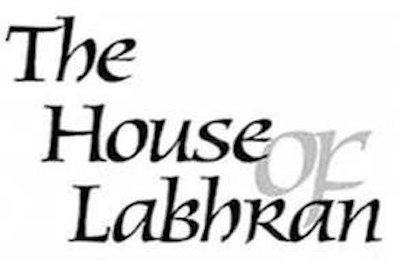Scottish Sterling Silver Highlanders Sgian Dubh


Scottish Sterling Silver Highlanders Sgian Dubh
Scottish Sterling Silver Highlanders Sgian Dubh
Highlanders pattern plain sterling silver skean dubh mounted with a cairngorm stone in the top mount.
In hallmarked sterling silver. In a pattern often worn by regimental officers and pipers.
Hand carved studded African black wood hilt
Quartz stone set top mount to the hilt
Sheffield stainless steel blade
Hand carved wooden scabbard covered in Moroccan leather and mounted with solid silver mounts
Made to order in Scotland – Approx 6 weeks
Our range of fine hallmarked sterling silver skean dubh’s and dirks made by the Regimental silversmith and Royal silversmiths Hamilton & Inches in Edinburgh and our regimental silversmith in Scotland. We can engrave many of these skean dubhs for presentation gifts. Many of these skean dubhs complement the silver buckles, kilt pins and Scottish silver buttons we have available from our highland jewellery page.
We have a passion for fine antique and collectible sgian dubh’s and Highland dirks. We source antique Jacobite styles of the 18th century, high Victorian styles and regimental patterns of WW1 – WW2. Our sgian dubh and dirk range make wonderful addition to any Highland dress collection.
Our range of fine hallmarked sterling silver skean dubh’s made by the Highland regimental silversmith and Royal silversmiths Hamilton & Inches in Edinburgh, Scotland. We can engrave many of these skean dubhs for presentation gifts.
Vintage antique Sgian Dubhs – Scottish sgian skean dubhs from Scotland – The Gaelic sgian dubh meaning “black knife”, where “black” may refer to the usual colour of the handle of the knife. It is also suggested that “black” means secret, or hidden, as in the word blackmail. This is based on the stories and theories surrounding the knife’s origin and the meaning of “Dubh” in Gaelic, in particular those associated with the Highland custom of depositing weapons at the entrance to a house prior to entering as a guest. Despite this practice, a small twin edged-dagger, (‘Mattucashlass’), concealed under the armpit, combined with a smaller knife, (‘Sgian dubh’).
